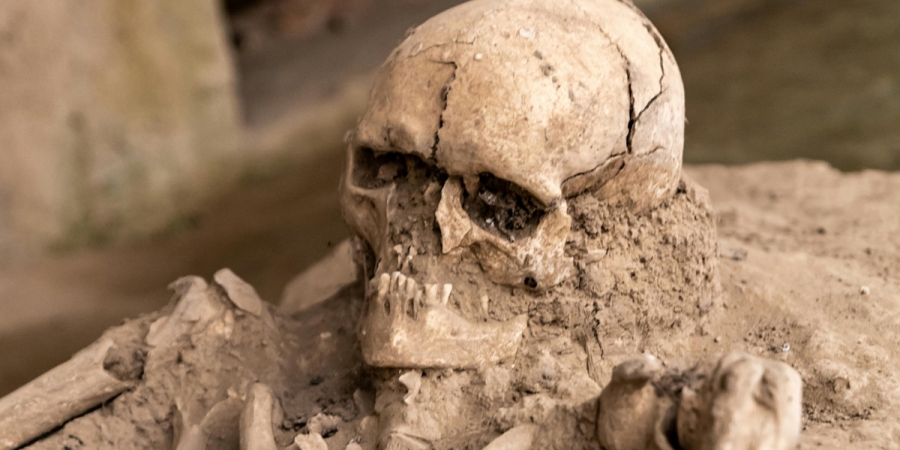
Photo: Boris Hamer

Photo: Boris Hamer
This page is more than one year old.
Necromancy is a term that often conjures up images of dark, sinister rituals and communication with the dead. At its core, necromancy is the practice of seeking to communicate with the deceased. This practice is steeped in history, with roots tracing back to ancient civilisations.
Historically, necromancy was a serious and often revered practice that was seen as a form of magic or sorcery that spanned across many cultures, including the Greeks, Romans, and Egyptians. These ancient practitioners believed that the dead could provide insights into the future or guidance on pressing issues. The methods used for necromantic rituals varied widely across different cultures and periods.
One of the best-known forms of necromancy involves ritualistic ceremonies designed to summon the spirits of the dead. These rituals could include the use of incantations, prayers, magical circles, and specific offerings or sacrifices to attract and compel spirits to appear and communicate. In some traditions, sacrifices, whether symbolic or actual, were believed to be necessary to summon a spirit. Though rare, this could involve the offering of animals and, in darker interpretations of necromancy, even human sacrifices.
Necromancers were often said to employ the use of human bones, ashes, or other remains as a medium through which to contact the dead. The belief was that these remains held a connection to the spirit of the deceased, thereby facilitating communication.
In modern times, the traditional practice of necromancy, as it was known in ancient or medieval contexts, is rare. However, the fundamental desire to communicate with the dead persists in various forms. Modern spiritualism, for example, can be seen as a continuation of necromantic practices. Mediumship, séances, and the use of technology to communicate with spirits all reflect the enduring human curiosity about the afterlife.
Paranormal investigation also shares similarities with necromancy. While these activities do not typically involve ritualistic elements or the explicit intention to summon spirits for divination or guidance, they represent a contemporary form of engaging with the spirit world.
The practice of calling out to spirits on a ghost hunt and asking them to make their presence known and communicate shares similarities with the conjuring rituals of traditional necromancy. This approach often involves speaking directly to spirits, asking questions, and inviting them to respond through physical signs such as knocks, movements of objects, or changes in temperature. Investigators might also use specific phrases, protective prayers, or symbols.
Some investigators use technology to attempt to detect, record, and communicate with spirits. Although this modern approach to interacting with the spirit world differs from traditional necromancy, the underlying intent to connect with the afterlife retains the link between ghost hunting and necromancy.
While necromancy has ties to modern-day ghost hunting, the practice of traditional necromancy as it was known in ancient times is less common and often considered part of the realm of folklore, mythology, or certain esoteric traditions.
If someone is interested in exploring practices related to communicating with the spirit world, there are several paths they might consider, including spiritualism and mediumship. These practices involve communicating with the spirits of the deceased. Many spiritualist communities and churches offer development circles or classes designed to help individuals develop their mediumistic abilities. Some contemporary witchcraft traditions and pagan paths also include practices that involve honouring or communicating with ancestors and spirits.
Necromancy's reputation has been fraught with controversy, fear, and legal implications throughout history. In the UK and elsewhere, practices associated with necromancy and other forms of magic or sorcery have often been met with suspicion, condemnation, and, at times, legal action. This negative perception stems from a variety of factors, including religious beliefs, superstitions, and the fear of the unknown.
In medieval Europe, the Christian Church played a significant role in shaping attitudes towards necromancy and similar practices. Necromancy was often equated with witchcraft and heresy, seen as a pact with the devil. This led to its condemnation and the establishment of laws aimed at suppressing such practices.
Today, laws specifically targeting necromancy as a practice are virtually nonexistent. However, necromancy's reputation remains mixed, with attitudes ranging from fascination and interest in historical and cultural contexts to continued skepticism and wariness, particularly among those with strong religious convictions.
Of course, necromancy requires a pre-existing belief system in order to accept that the dead can indeed communicate with the living, specifically a belief in the afterlife. Skeptics argue that without tangible evidence of life after death and a spirit realm, necromancy falls into the realm of pseudoscience or fantasy.
While the logical impasses and lack of scientific evidence challenge its credibility, necromancy remains a characterful aspect of the paranormal world that endures in popular culture, literature, and film, though it is now viewed through a lens of entertainment or academic interest rather than as a genuine threat to social order or moral wellbeing.
More Essential Parapsychology
See All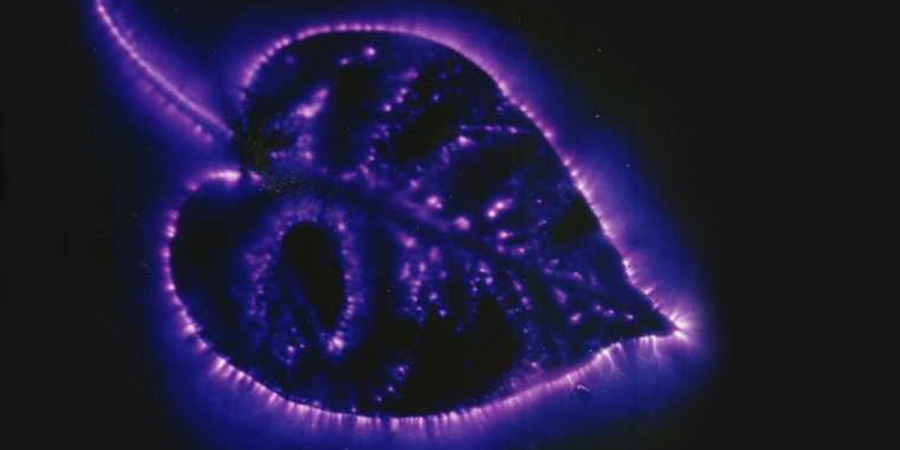
ArrayOctober 11, 2024
The Reality Behind Kirlian Photography’s Glowing Auras

ArrayOctober 07, 2024
Could Retroactive Psychokinesis Allow Us To Influence The Past?

ArrayOctober 05, 2024
What Spontaneous Cases Are & Why Parapsychologists Research Them
Further Reading
Dive into the world of the paranormal and unexplained with books by Higgypop creator and writer Steve Higgins.

Alone At The Inn
The full account of a solo paranormal investigation at the Ancient Ram Inn, tied to a documentary film.
Buy Now
The Killamarsh Poltergeist
The story of a family in Killamarsh experiencing strange and unexplained events in their home.
Buy NowMore Like This
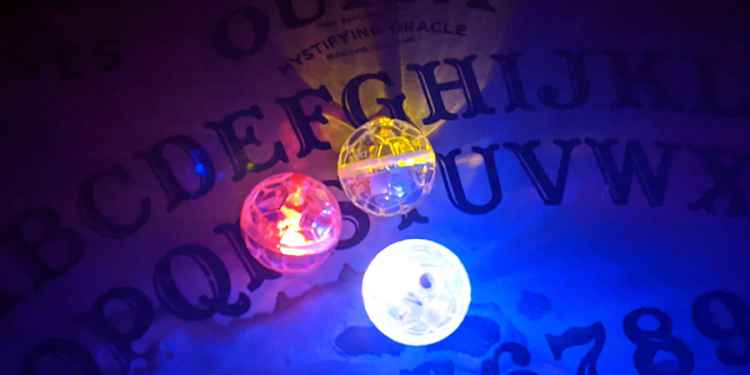
Ghost HuntingJanuary 26, 2025
These Are The Ghost Hunting Gadgets You Should Avoid If You Want To Be Taken Seriously As An Investigator
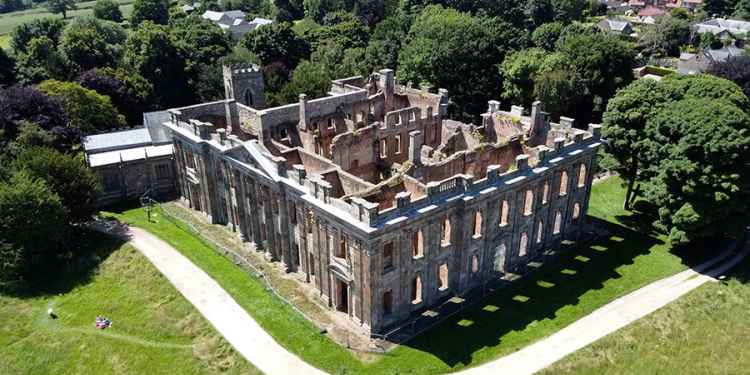
Haunted BritainDecember 25, 2024
2024's Most Popular Paranormal Hotspots In The UK
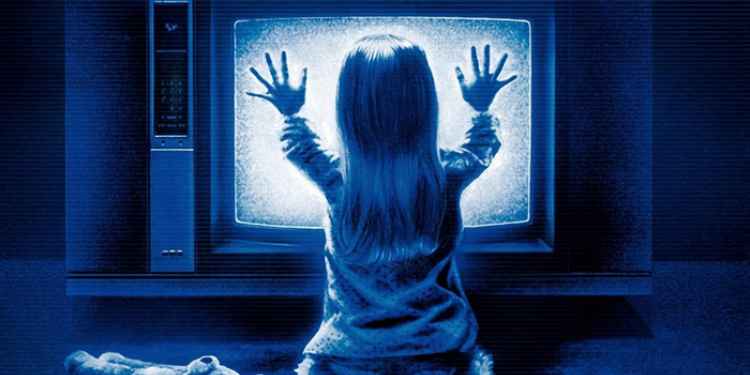
GamesDecember 09, 2024
Poltergeist Quiz
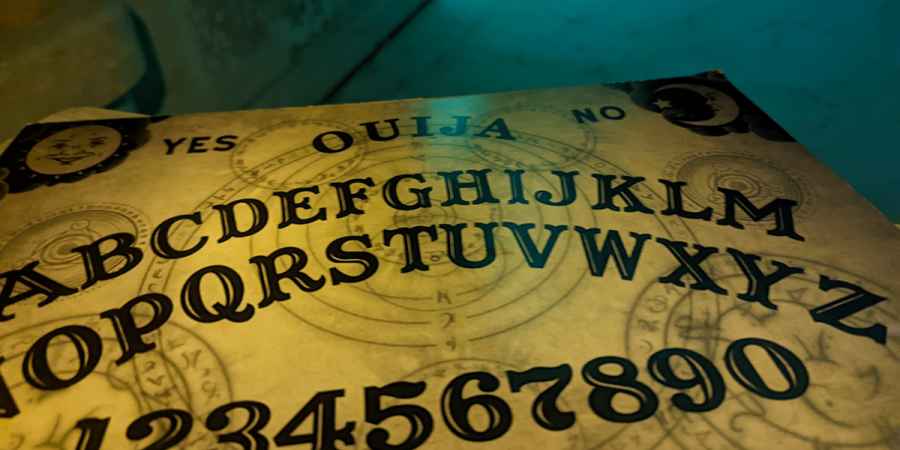
GamesDecember 08, 2024
Ouija Board Trivia Challenge
 See More on Audible
See More on Audible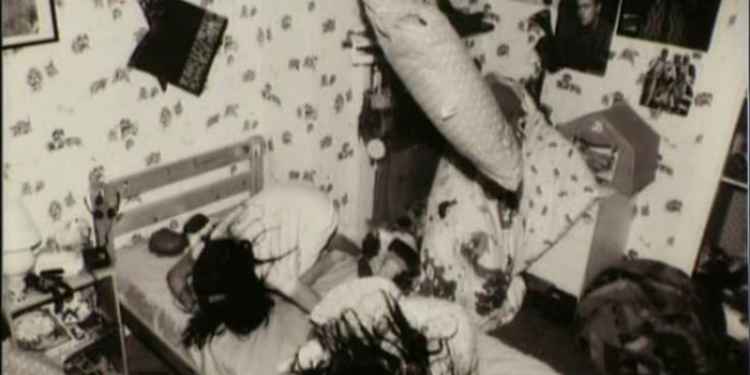

Comments
Want To Join The Conversation?
Sign in or create an account to leave a comment.
Sign In
Create Account
Account Settings
Be the first to comment.